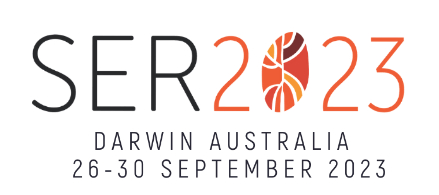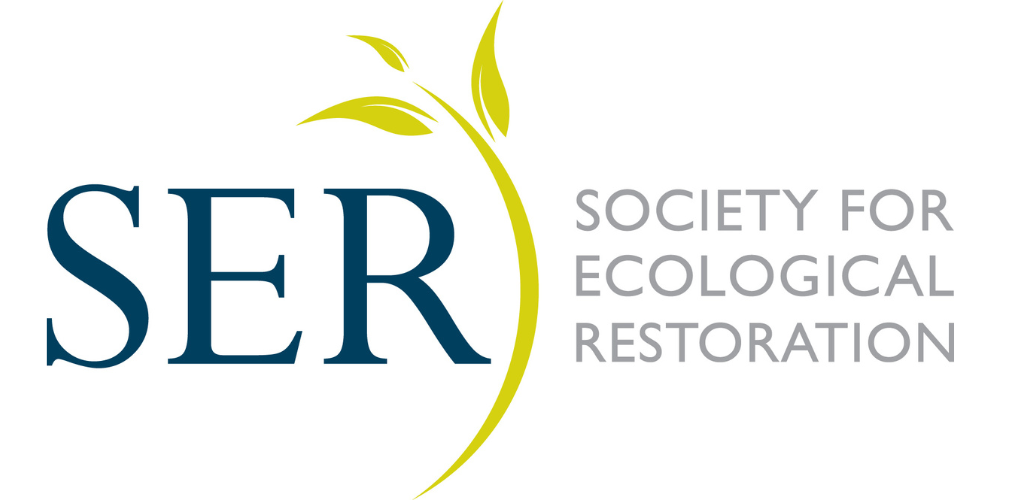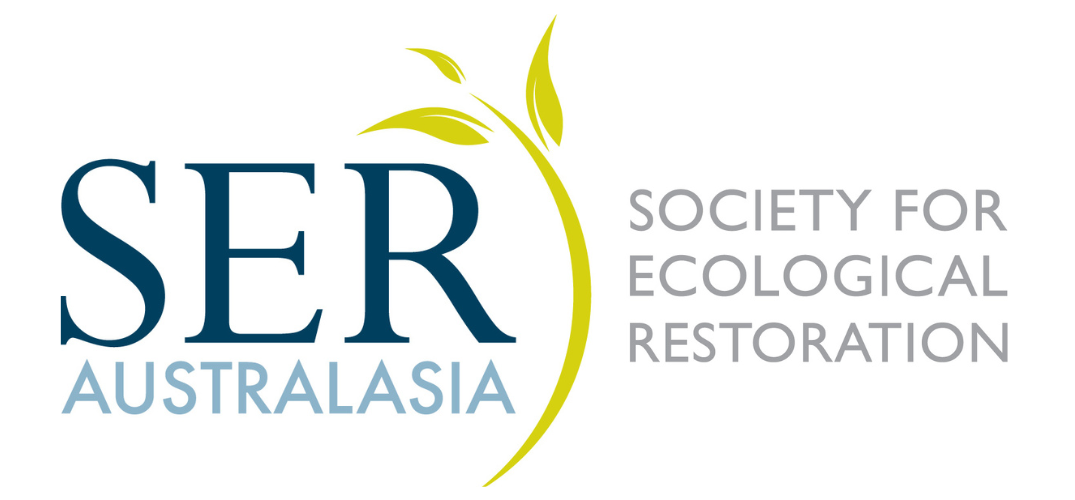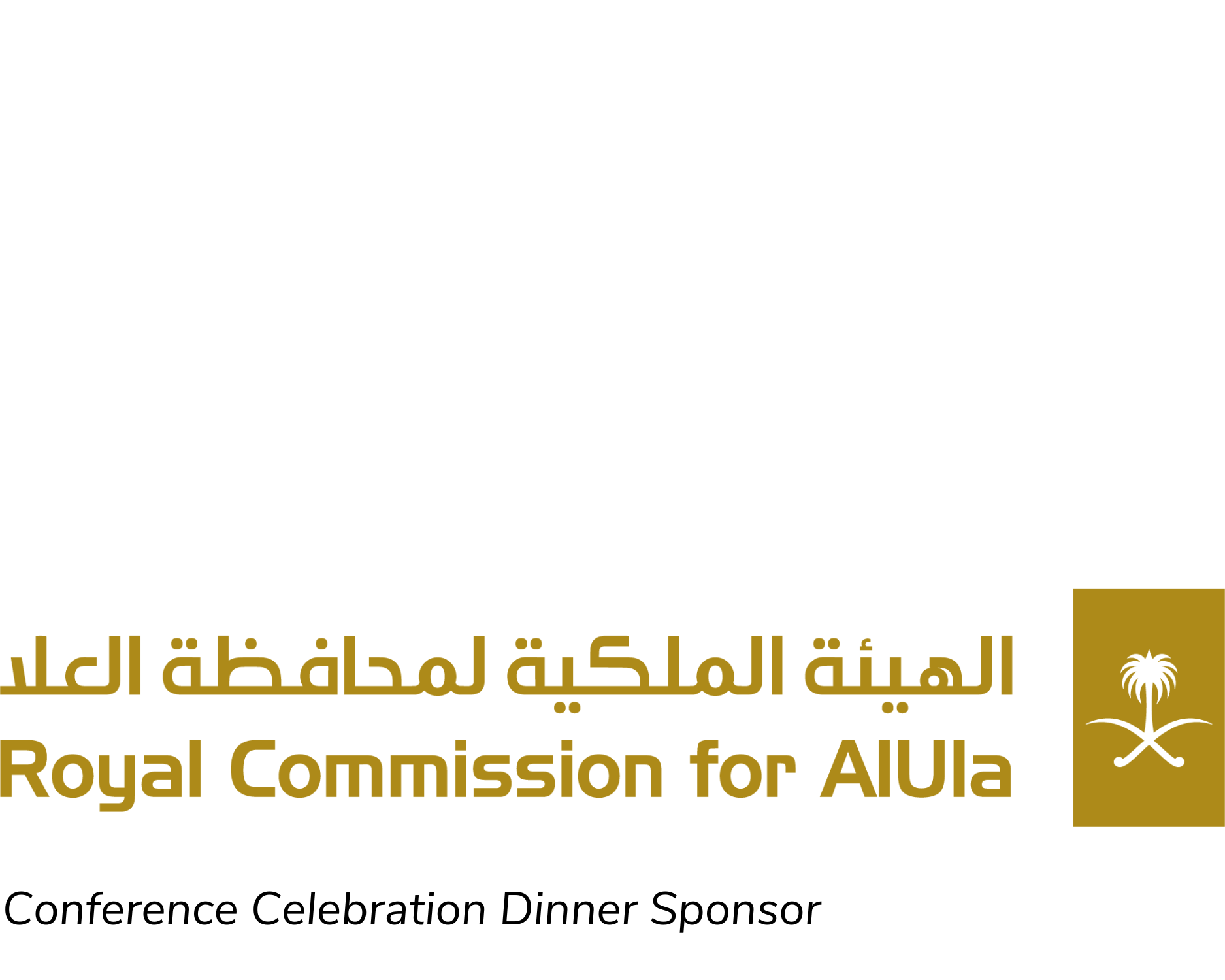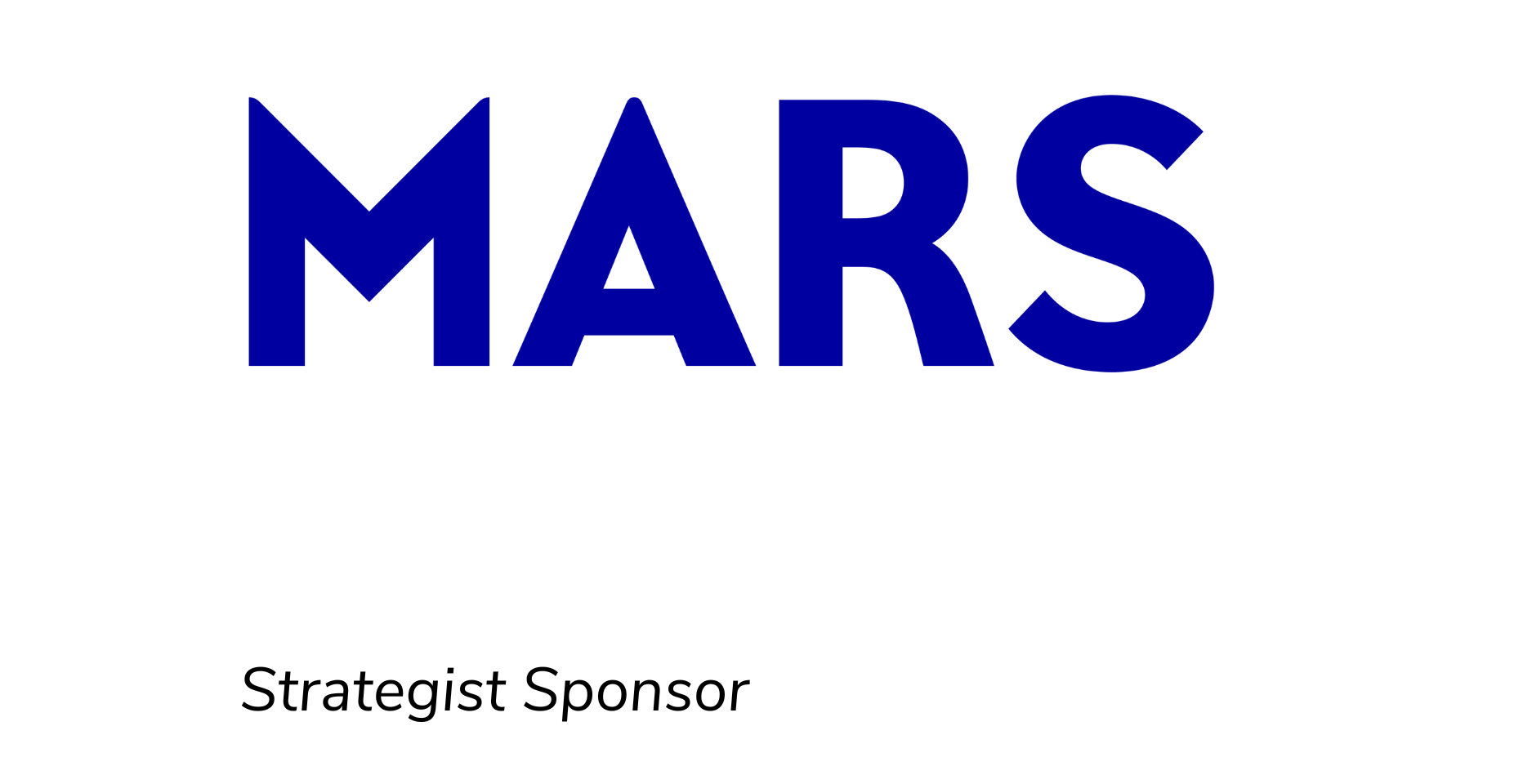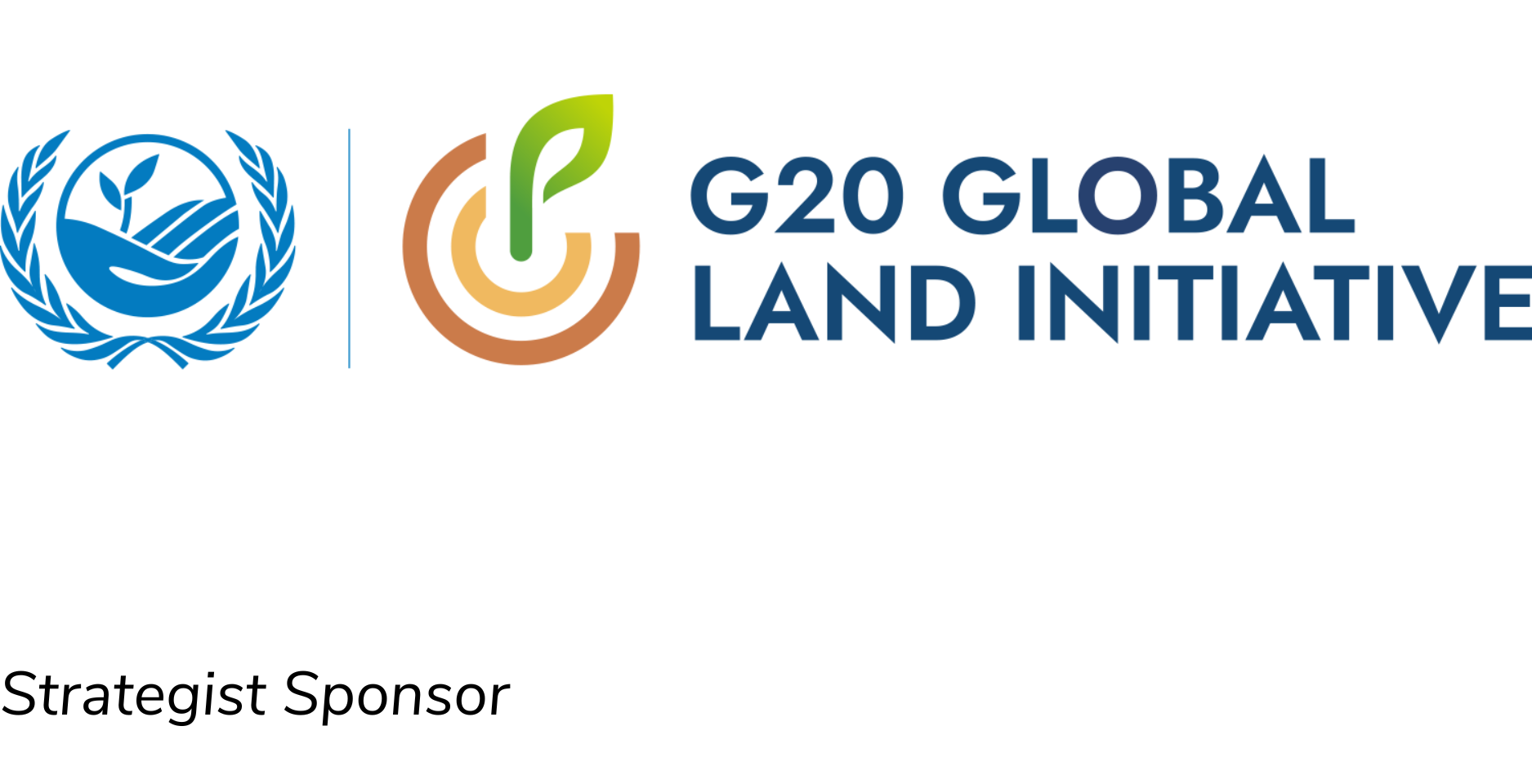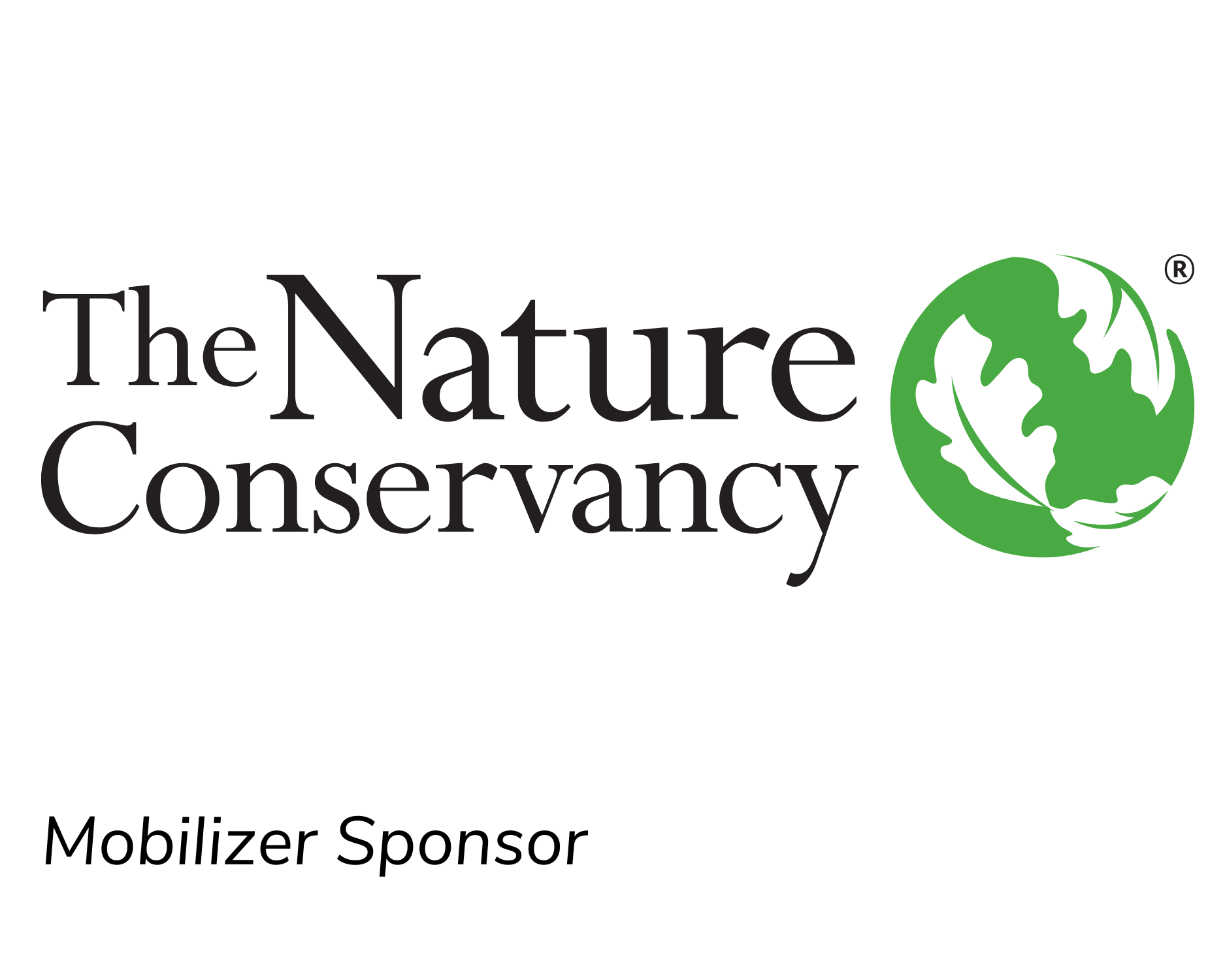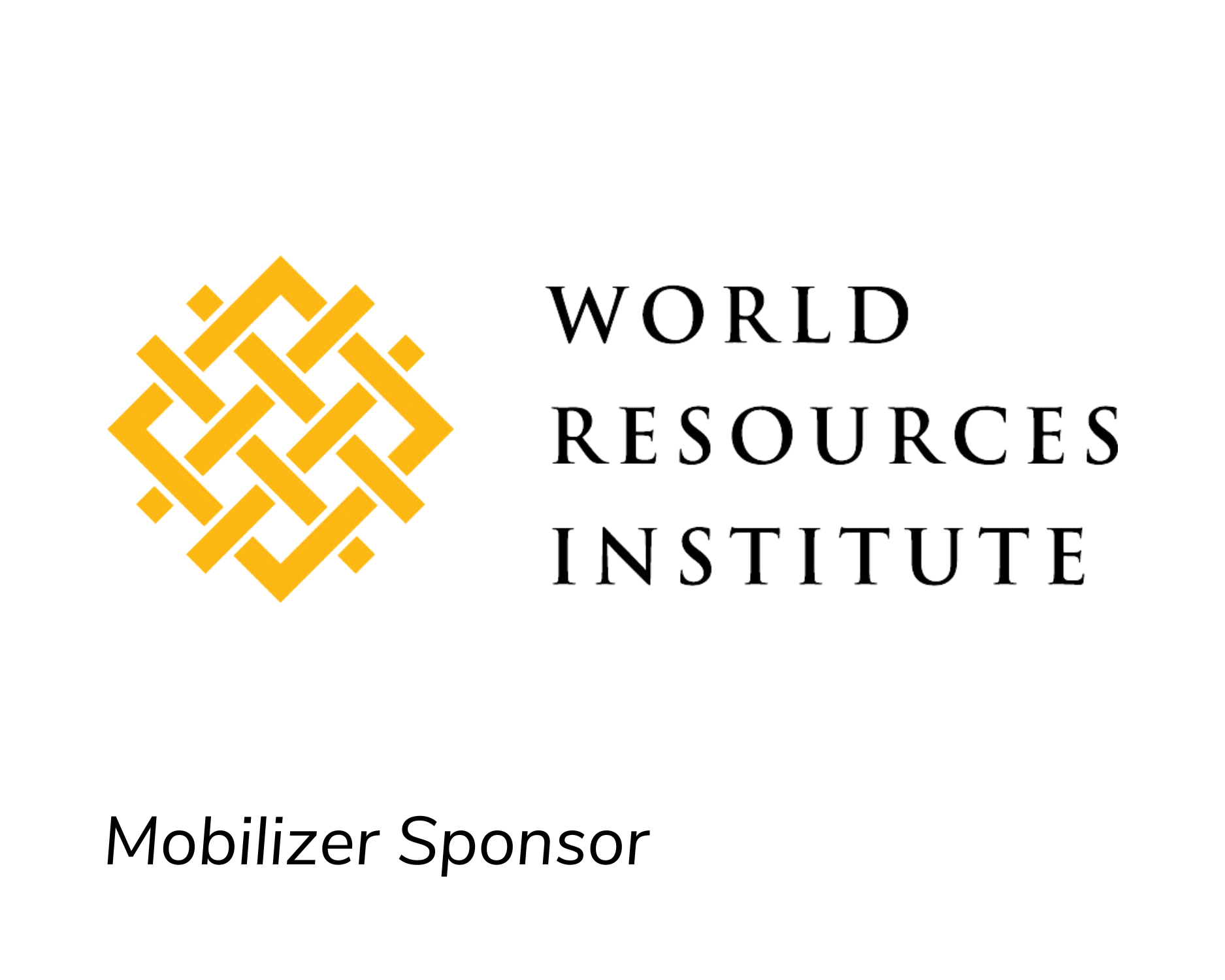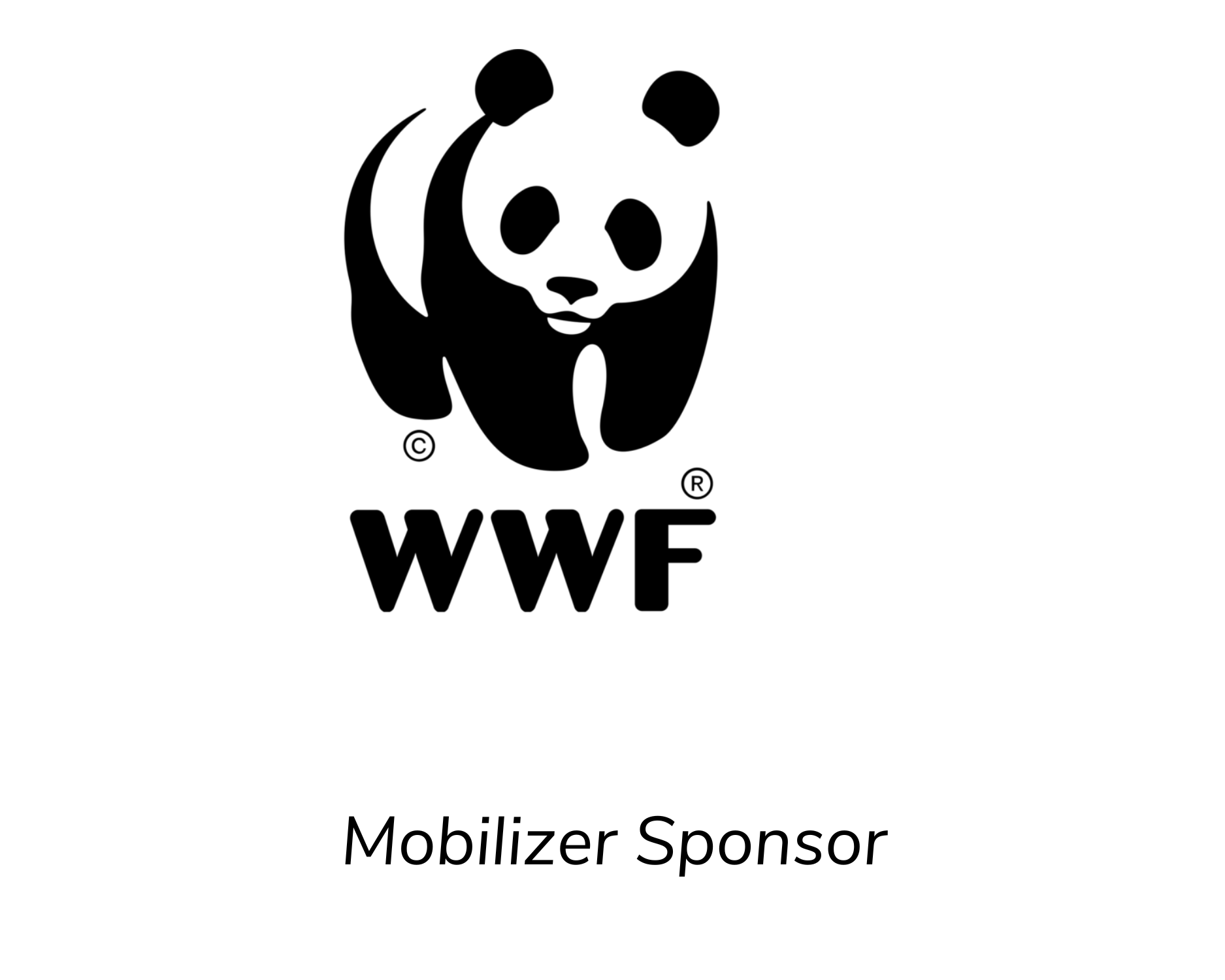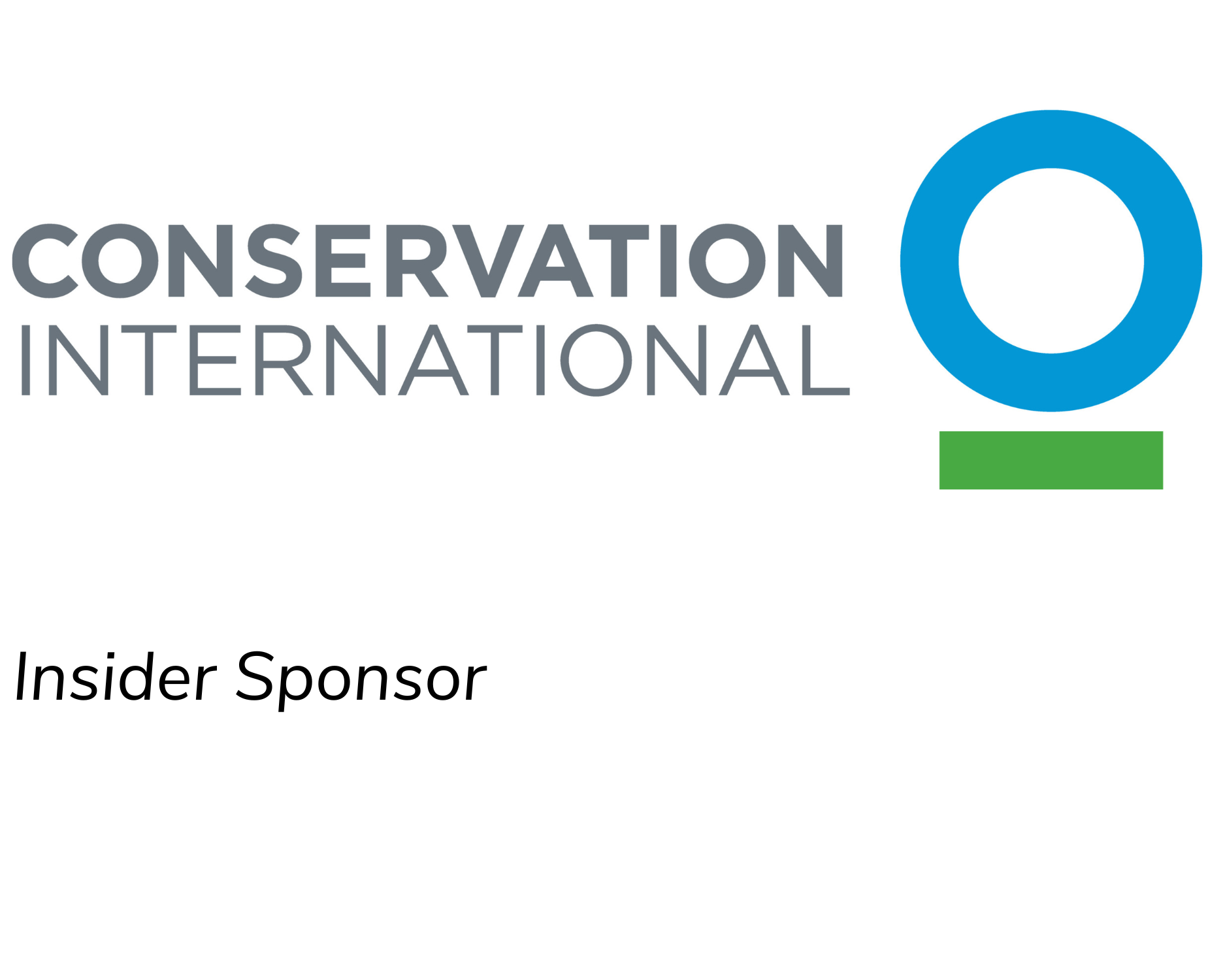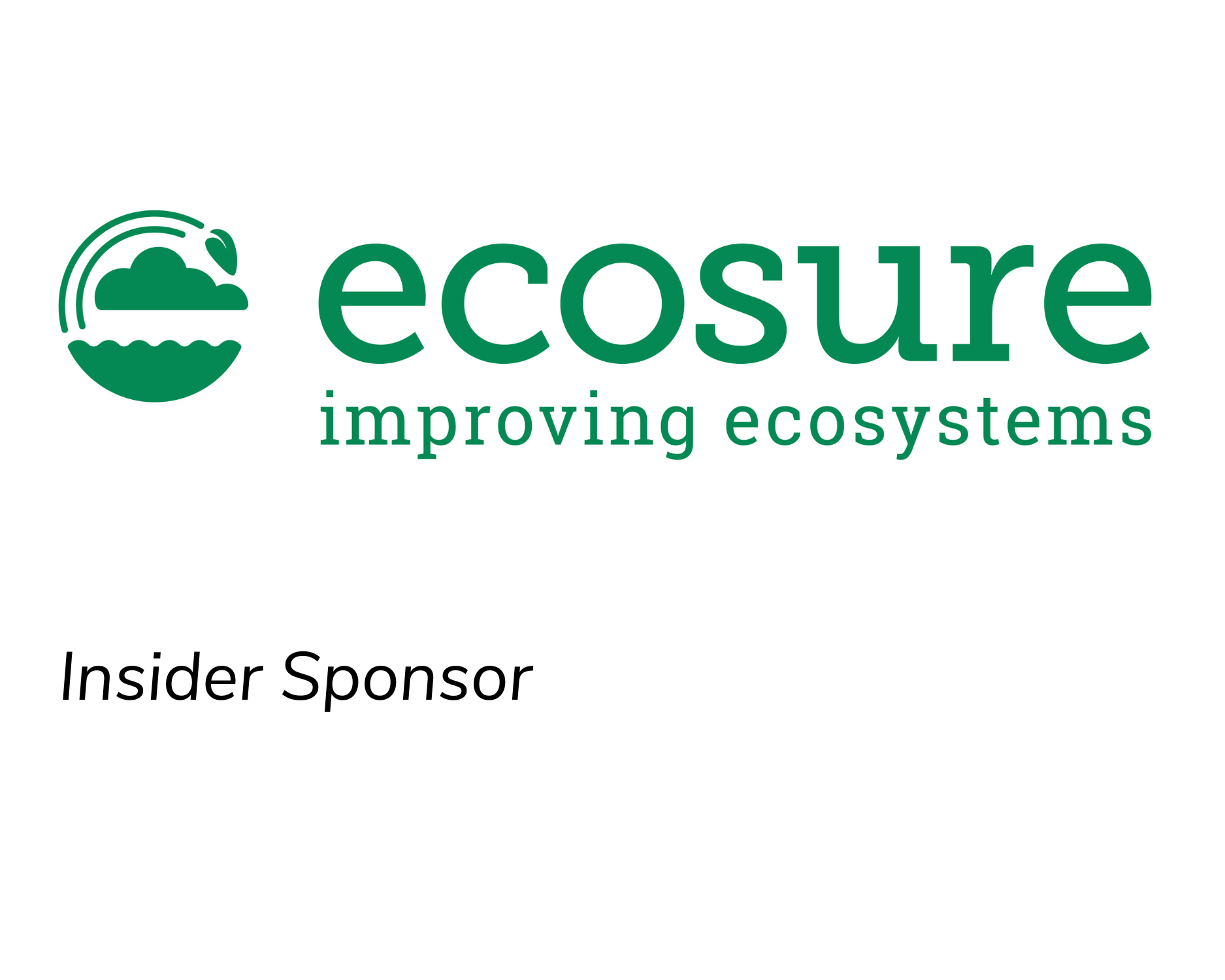Join a panel discussion exploring careers in ecological restoration, to help find your path in the field.
- Day: Wednesday, 27 September
- Time: 8:00 pm to 9:00 pm, following the Poster Session
- Where: Room 5, Ballroom B
- Refreshments: Hors d’oeuvres and non-alcoholic refreshments provided
As the world faces mounting environmental challenges, the need for skilled professionals in ecological restoration has never been more critical. However, as a relatively new profession, the pathways into this career are not always clear. SER’s panel discussion on “Careers in Ecological Restoration” is dedicated to students and emerging professionals who aspire to make a positive impact on our planet’s ecosystems. This interactive session with six distinguished panelists from diverse backgrounds will share their journey and help guide aspiring emerging professionals to find their role in restoring our planet’s ecosystems. Attendees will have the chance to ask questions of our panelists, meet them directly, and connect with an aspiring community of young professionals.
Discussion Topics
The Need for New Restoration Professionals: Panelists will explore the current state of ecological restoration, the key challenges faced, and the emerging opportunities for those entering the field. They will also discuss how restoration efforts contribute to biodiversity conservation and combat climate change.
Skills and Education: The panel will address the essential skills and educational paths that aspiring restorationists should consider. From environmental science degrees to hands-on field experience, they will guide students on building a strong foundation for their careers.
Navigating Career Paths: The panelists will share their diverse career trajectories, showcasing the different avenues available in ecological restoration. Whether it’s research, consulting, non-profit work, or government roles, this discussion will illuminate the range of options.
Overcoming Challenges: Ecological restoration projects often encounter various obstacles. The panelists will recount real-world challenges they’ve faced and the strategies they employed to overcome them. This segment aims to equip young professionals with problem-solving approaches.
Panelists
Peter Alele
Vice Chair to the SER Africa Chapter Board of Directors
Africa Representative to the SER Board of Directors
Africa Regional Director for the Forest Stewardship Council
Kampala, Uganda
Dr. Alele is a seasoned leader, scientist, and conservation expert. His career spans more than 20 years, in research and development, and conservation across Africa, Asia, Europe and the United States. He is trained in ecology and conservation, natural resource management, and forestry. His professional interest in research and sustainable development, places him regularly at the frontline against global threats on human livelihoods such as poverty, unsustainable development, and loss of natural capital.
Karma Bouazza
Vice-Chair, SER Board of Directors
Ecological Restoration Specialist for the Lebanon Reforestation Initiative
Ecological Restoration and Nursery Consultant (Africa) for the United State Forest Service International Programs
Beirut, Lebanon
Karma has worked with the Lebanon Reforestation Initiative and the U.S. Forest Service International Programs since 2011. As a Native Nursery and Ecological Restoration Specialist, she has developed and supported projects and programs in Lebanon, Jordan, Guinea, Zimbabwe, Morocco, Rwanda, Madagascar, and Moldova. She has also been involved with the Forest Service’s Sustainable Environment and Economic Development (SEED) program since 2016 in Jordan, currently established as WADI for Sustainable Ecosystems Development NGO. Her focus is on both native seed/plant materials resources and ecological restoration through both community and science based approaches. Karma received her BSc in Agriculture Engineering and her MSc in Plant Protection from the American University of Beirut, Lebanon.
Chris Brady
Principal Scientist for the Northern Land Council Closure and Legacy Mine Unit
Darwin, Australia
Chris is an environmental scientist with over two decades of diverse experience working with land managers in northern Australia. After completing his PhD, focused on rehabilitation of the Gove mine sites in northeast Arnhem Land, Chris developed a research interest in the influence of Aboriginal land management on Australian ecosystems. Working closely with Aboriginal people, in the region around Wadeye, to utilise traditional knowledge and natural resources to provide business opportunity in the modern economy, he has had a leading role in the growth of the bush food business in the region. He is co-author of the NTG Management Program for Kakadu Plum. Chris has also co-authored numerous peer reviewed journal articles across a range of disciplines. He has continued to work in the field of mine rehabilitation, where he has been involved in monitoring, advice, or assessment of the rehabilitation at eight mine sites across the Northern Territory. Chris is currently facilitating an industry best practice program assisting traditional owners to reconnect with the Ranger Project Area after decades of mining.
Kansie Fox
Environment Protection Manager for the Blood Tribe
Alberta, Canada
Kansie Fox, Apaitsitapiakii (her Blackfoot name) is a Blackfoot and Dine mother of two who works as the Environmental Protection Manager with the Blood Tribe Land Management Department on the Kainai (Blood) Reserve in Alberta, Canada. Kansie works with the Blood Tribe Chief and Council, the Blood Tribe community, Blackfoot Confederacy, Kainai Ecosystem Protection Association, and other partners to protect and sustainably manage Kainaisksahkoyii (Kainai lands) through research, education, and awareness. She has a bachelor’s degree in Conservation Biology. She is currently completing an interdisciplinary biological science and sociology research master’s program at the University of Lethbridge, looking at prairie interrelationships that are being revitalized due to Iinnii rematriation.
Patricia Jaramillo Díaz
Senior Researcher of the Galapagos Verde 2050 Ecological Restoration Program – Botany – Land Restoration and Conservation
Galápagos Islands, Ecuador
Patricia is an Ecuadorian researcher who came to Galapagos in 1996 to work on her thesis about the “human impact on native, endemic and introduced flora on the Galapagos Islands.” She has worked for the Charles Darwin Foundation since 1998, where she is currently a Senior Researcher and the leader of the “Galapagos Verde 2050: Restoration of Degraded Ecosystems and Conservation” project, and the Principal Curator of the CDS Herbarium of the Natural History Collections. She is a specialist in Ecology and Conservation Biology, and has developed numerous projects of Applied Research on: threatened flora species, plant-animal interactions and ecological restoration. Patricia has been a member of the Galapagos’ Plants Specialists Group from the IUCN’s Species Survival Commission (SSC), and has received the Scientific Merit medal, awarded by the Autonomous Municipal Government of Santa Cruz, as well as several scholarships and grants for research from national and international organizations.
Christian Miller-Sabbioni
Research Assistant for the ARC Training Centre for Healing Country
Perth, Australia
Christian Miller-Sabbioni is a research assistant for ARC Centre Healing Country based at Curtin University. He works at the knowledge interface and is interested in the theoretical components of traditional cultural and modern scientific approaches to restoration, conservation and overall knowledge production. Securing First Nations rights in the stewardship of Country is an additional esteemed interest of his. He is in his final year of a BA majoring in Philosophy, Political Science and International Relations at the University of Western Australia.
MODERATOR:
Aaron Eger
Student Representative to the SER Australasia Board of Directors
Program Director for the Kelp Forest Alliance
Sydney, Australia
Aaron Eger is the Founder and Program Director of the Kelp Forest Alliance, a global community of practice and research-driven not for profit organization. By bringing data and people together, Aaron works to provide real-world solutions to the wicked problems threatening our oceans. Aaron is the lead author on the first ever kelp restoration guidebook, created the Kelp Forest Alliance web platform to track global restoration efforts, and facilitated the creation of the Kelp Forest Challenge, a global mission to protect and restore 4 million hectares of kelp forests by 2040. His work spans marine ecology, economics, science communication, and marine restoration practice.
Photo caption: Marine display at the Museum and Art Gallery
Photo credit: Tourism NT/Elise Derwin
